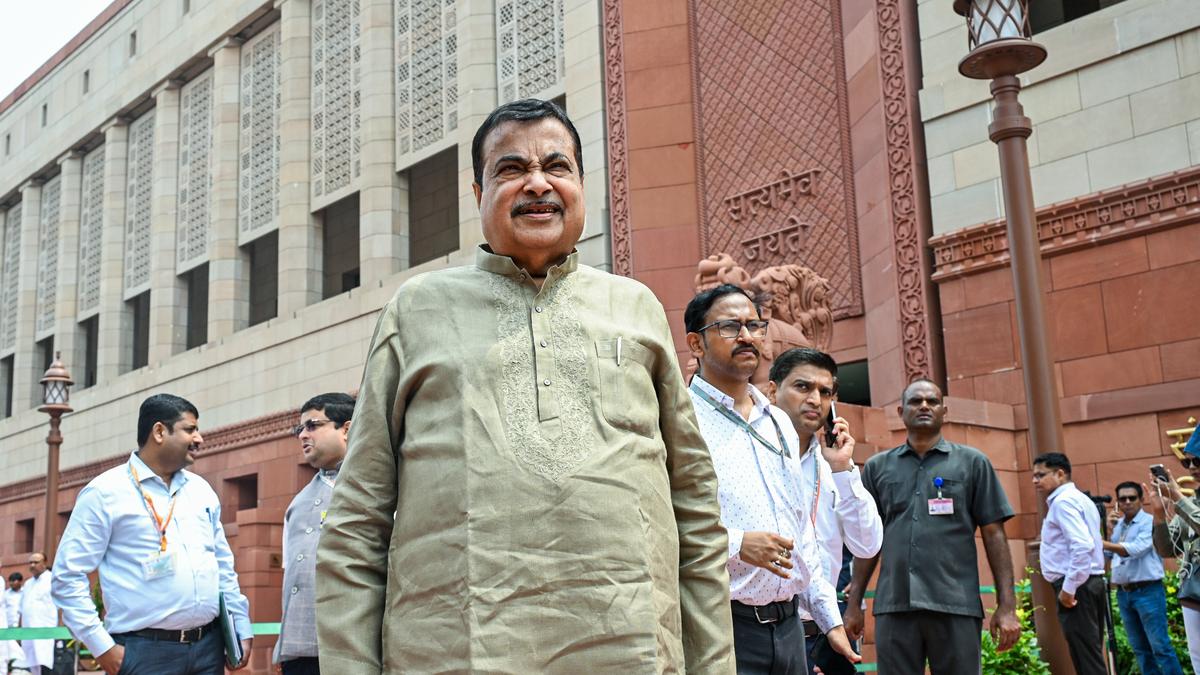Now Reading: India Can Rival Oil Nations with Affordable Hydrogen: Nitin Gadkari
-
01
India Can Rival Oil Nations with Affordable Hydrogen: Nitin Gadkari
India Can Rival Oil Nations with Affordable Hydrogen: Nitin Gadkari

Fast Summary
- Speech Highlights: Road Transport and Highways Minister Nitin Gadkari stated that reducing hydrogen production costs to $1 per kg could transform India into a global energy exporter.
- Current Costs: Hydrogen presently costs $5-6 per kg, limiting its economic viability compared to fossil fuels.
- Challenges & Solutions: Challenges include setting up hydrogen filling stations and infrastructure for transportation. Gadkari emphasized using municipal solid waste as a potential source for green hydrogen production.
- Economic Impact: Lowering costs and scaling up investment in proven technologies could attract large-scale funding and reduce dependency on fossil fuels,benefitting multiple sectors such as transport,pharmaceuticals,chemicals,and steel.
- Green future Vision: Gadkari outlined the role of electric vehicles, biofuels, bamboo substitution for coal in power plants, and green hydrogen in creating an environmentally lasting economy.He supported these transitions as steps toward carbon neutrality and job creation.
- global Automobile Market: India has moved up to become the third-largest automobile market globally. Plans are underway for manufacturing electric Mercedes cars in the country.
Indian Opinion Analysis
Nitin Gadkari’s vision of leveraging green technologies like hydrogen fuel represents a important pivot towards sustainability for India while addressing its energy import dependence. Factors like tapping municipal waste or utilizing wastelands indicate resourceful approaches but require robust technological interventions alongside policy support. The cost barrier of $5-$6/kg for producing hydrogen is significant; achieving the proposed reduction to $1/kg necessitates heavy investments in R&D coupled with strong public-private collaborations.
Additionally, introducing bamboo-based alternatives or scaling up electric vehicle production reflects enterprising strides toward economic diversification with environmental consciousness-a balance essential to future-proof India’s growth trajectory against climate challenges. If effectively implemented alongside scaling renewables like solar energy availability already abundant in India-the roadmap laid out here could bolster India’s position on global platforms striving toward sustainable progress goals.
Read more at The Hindu
























